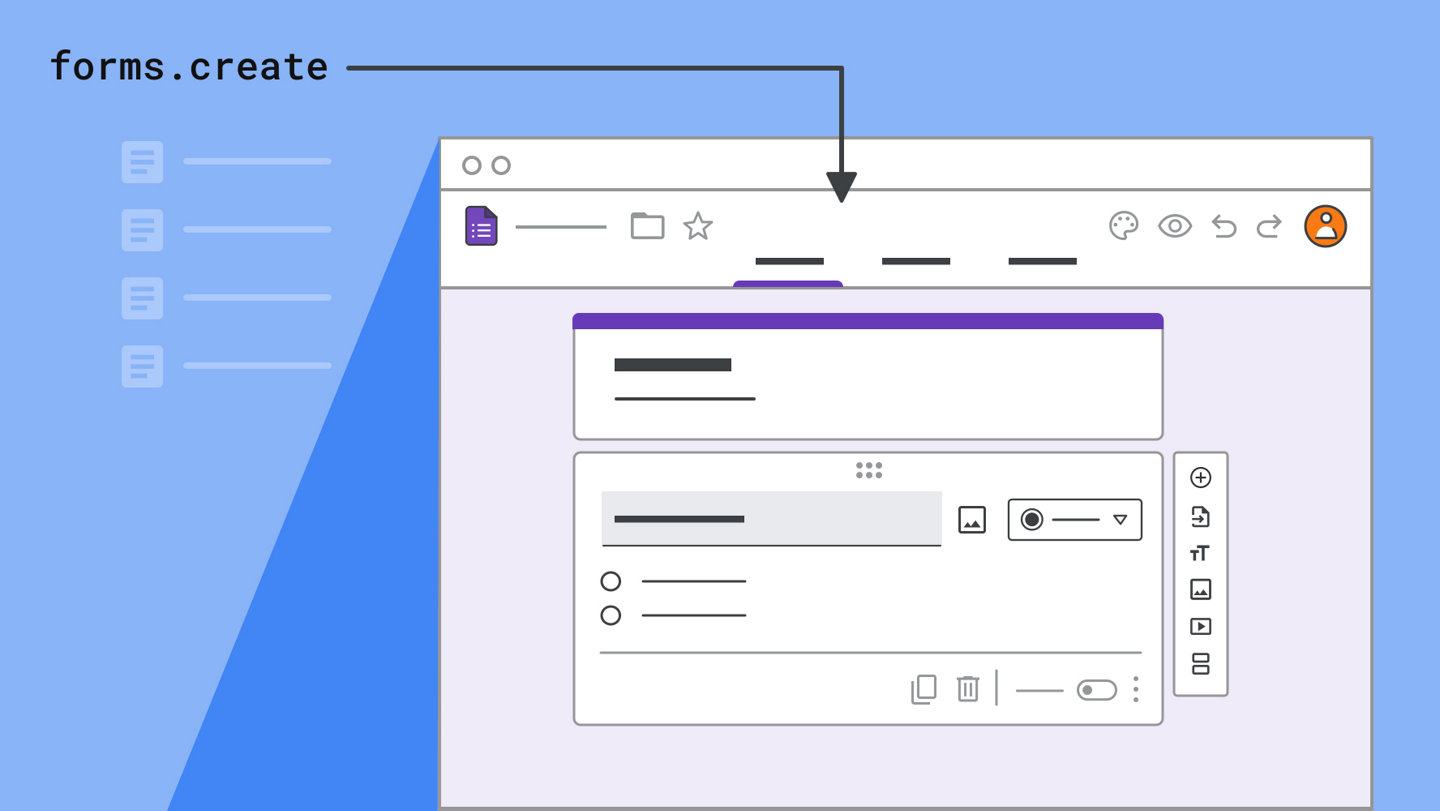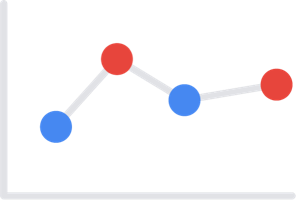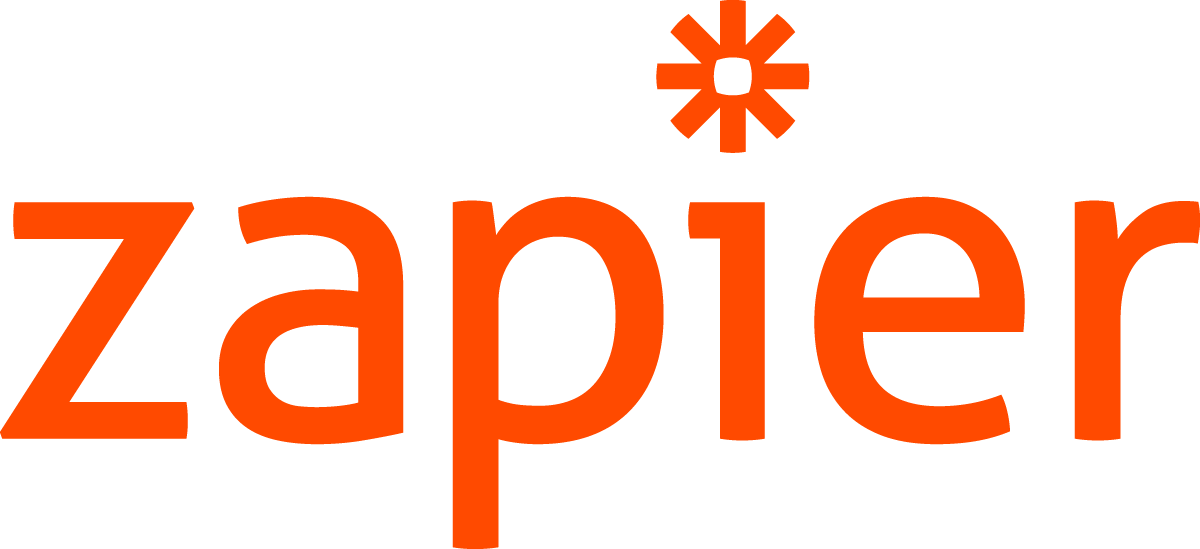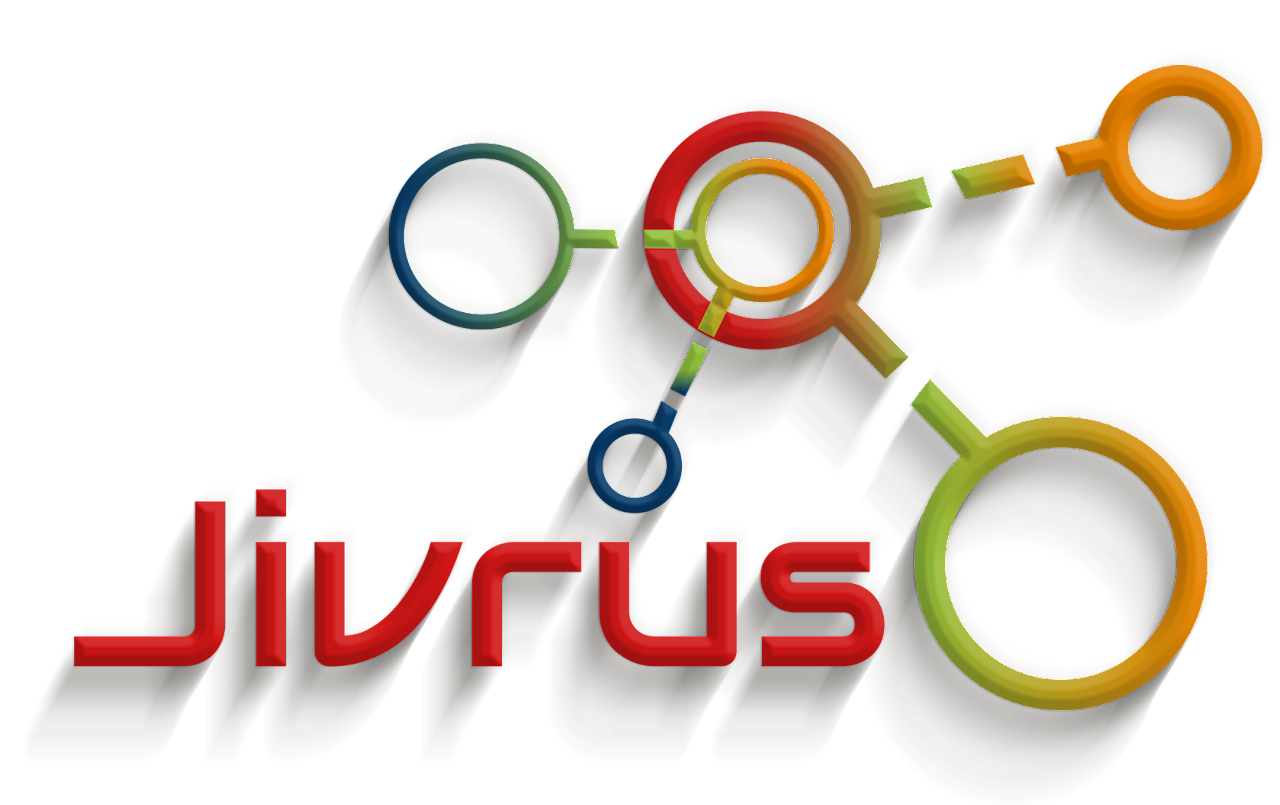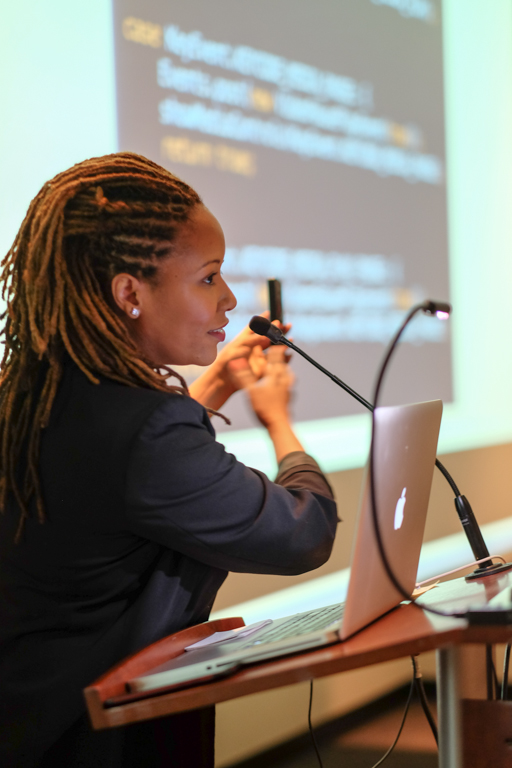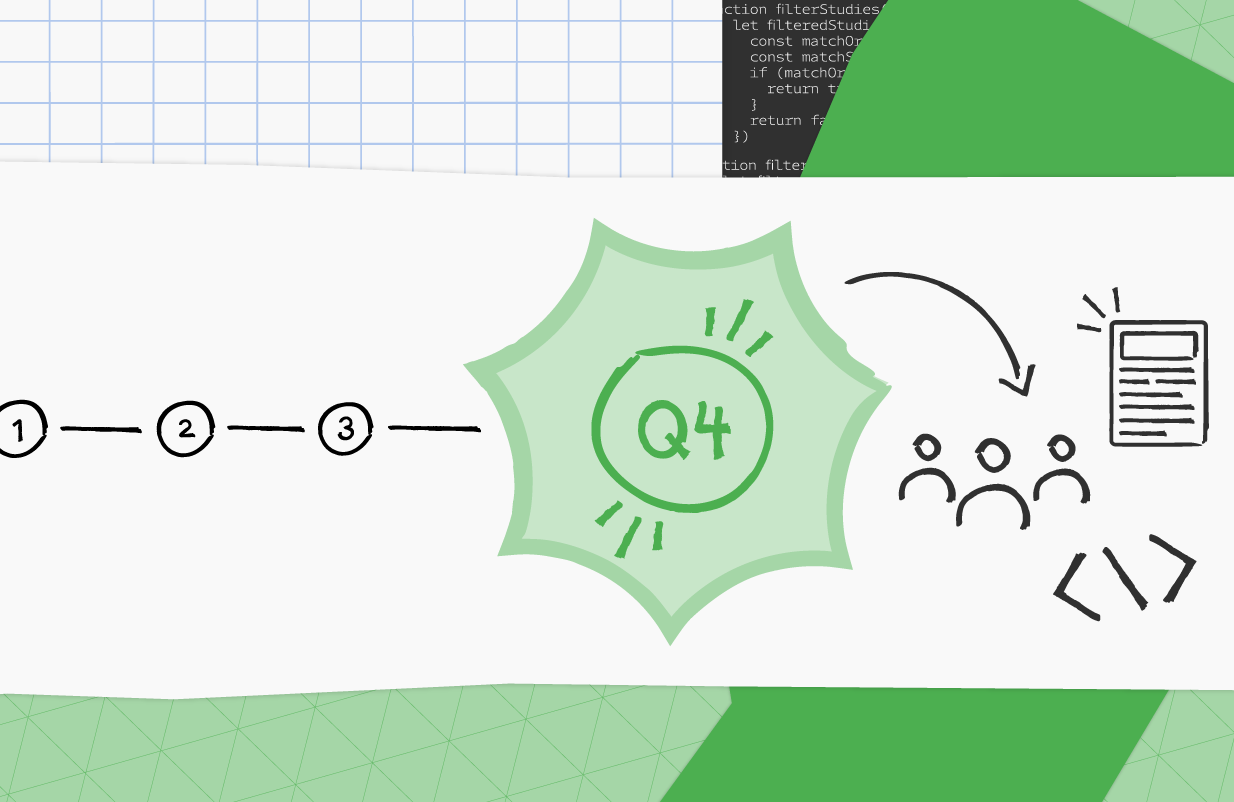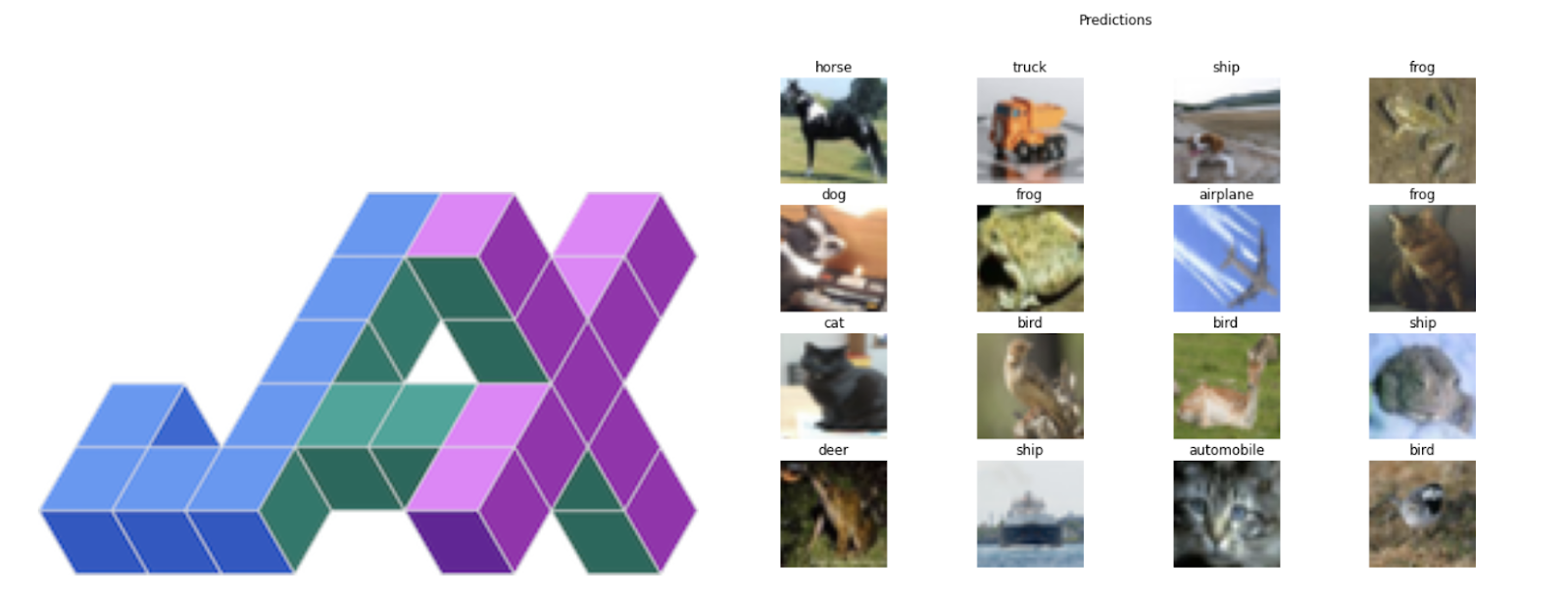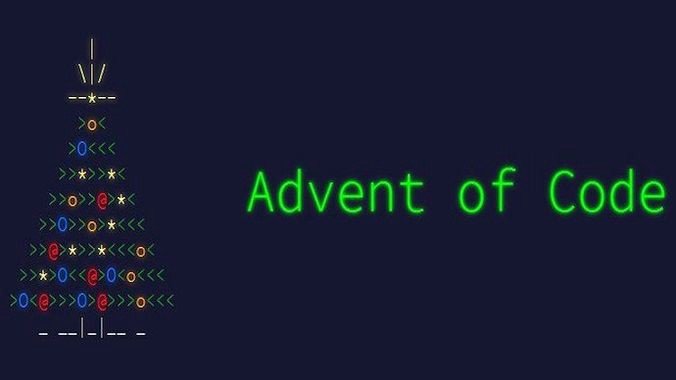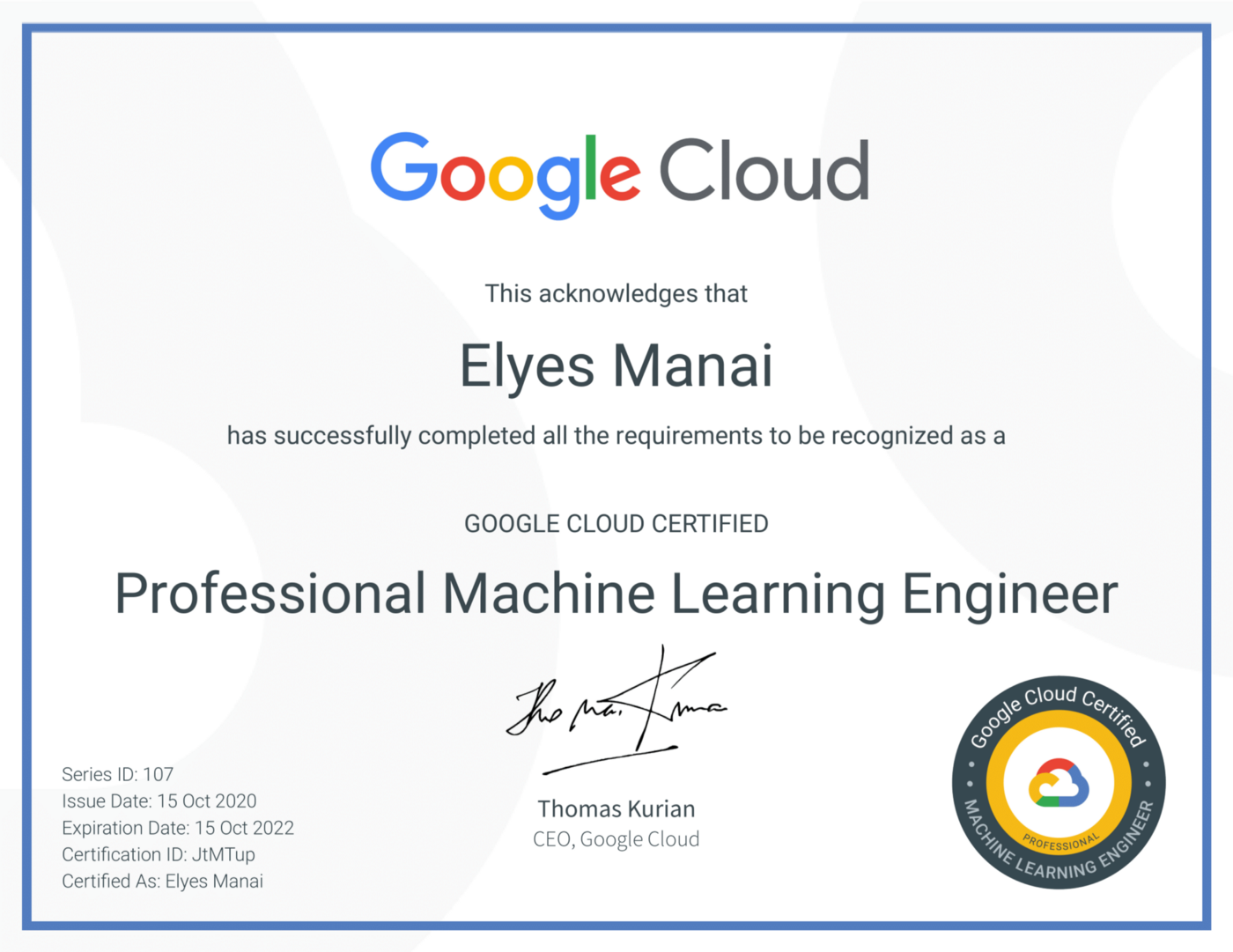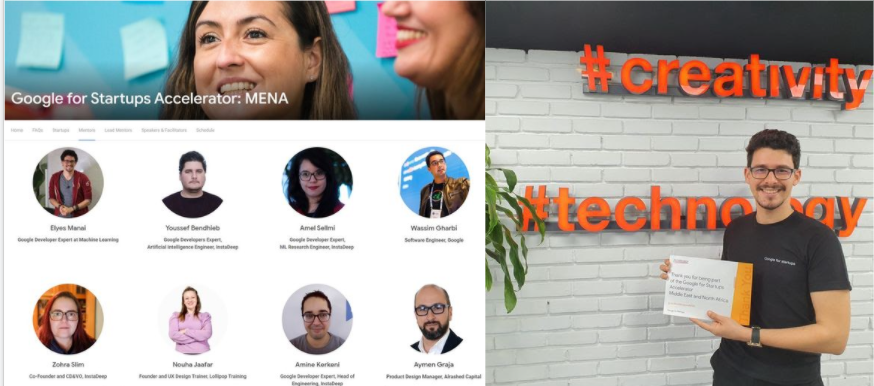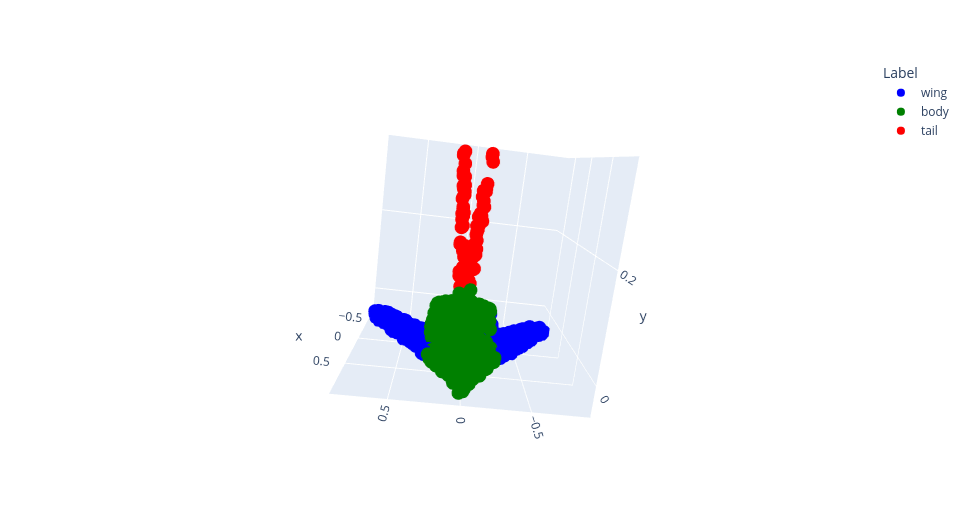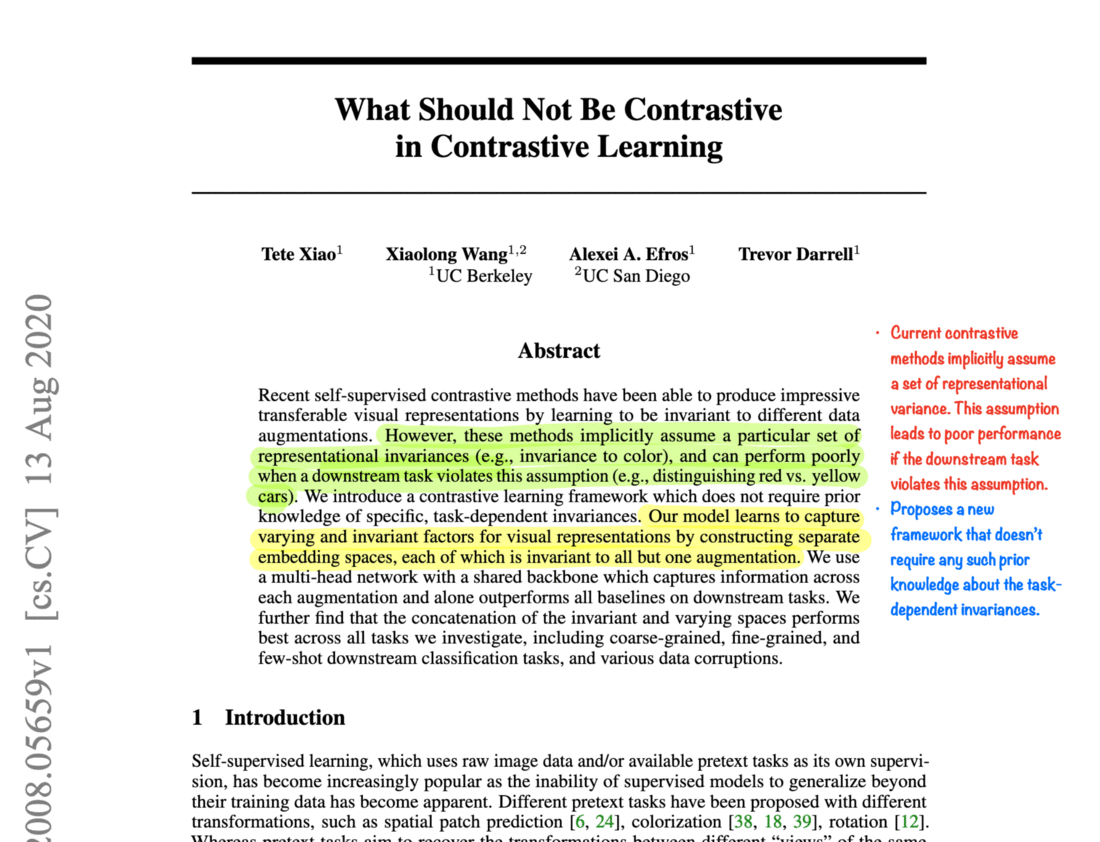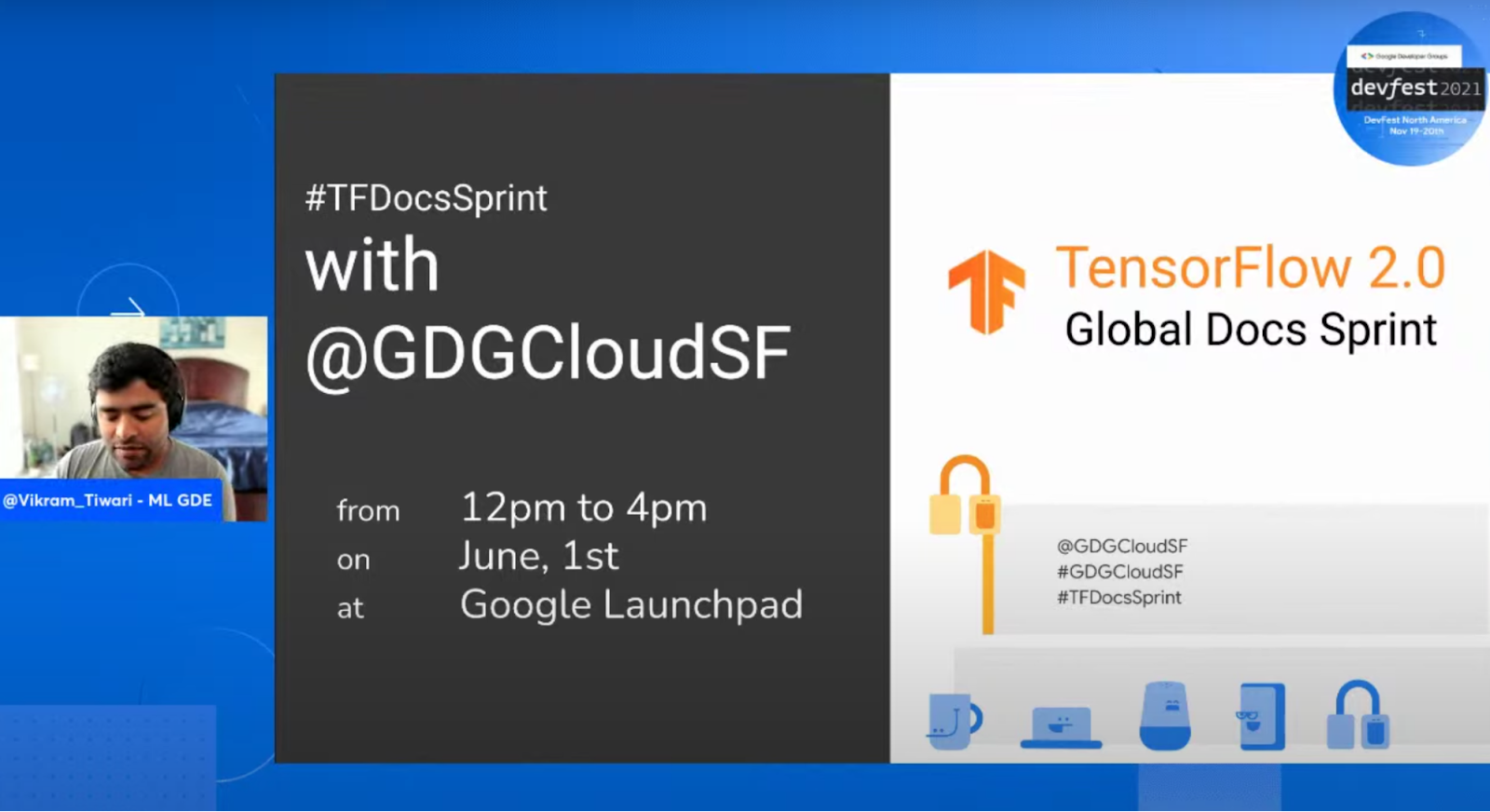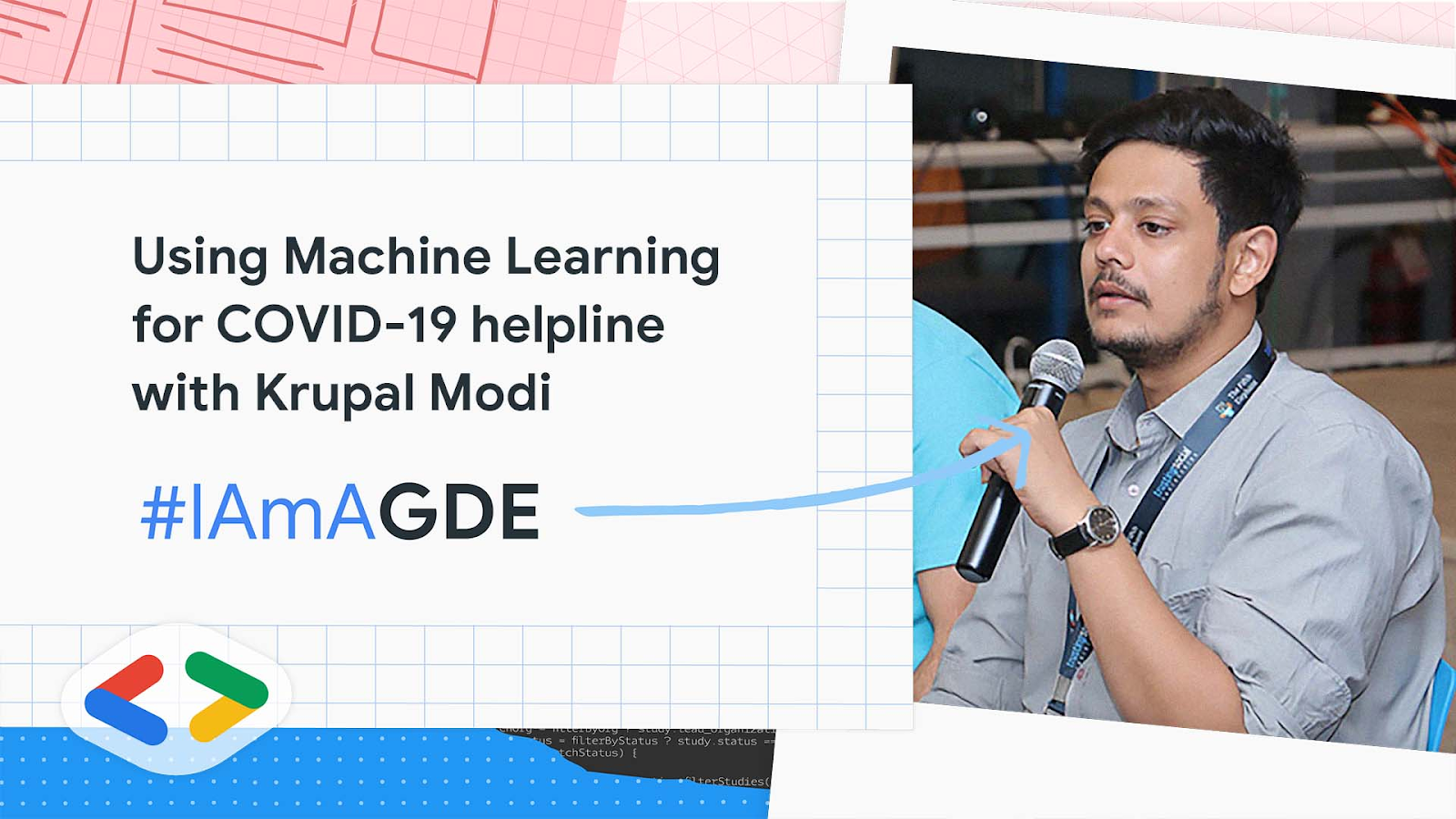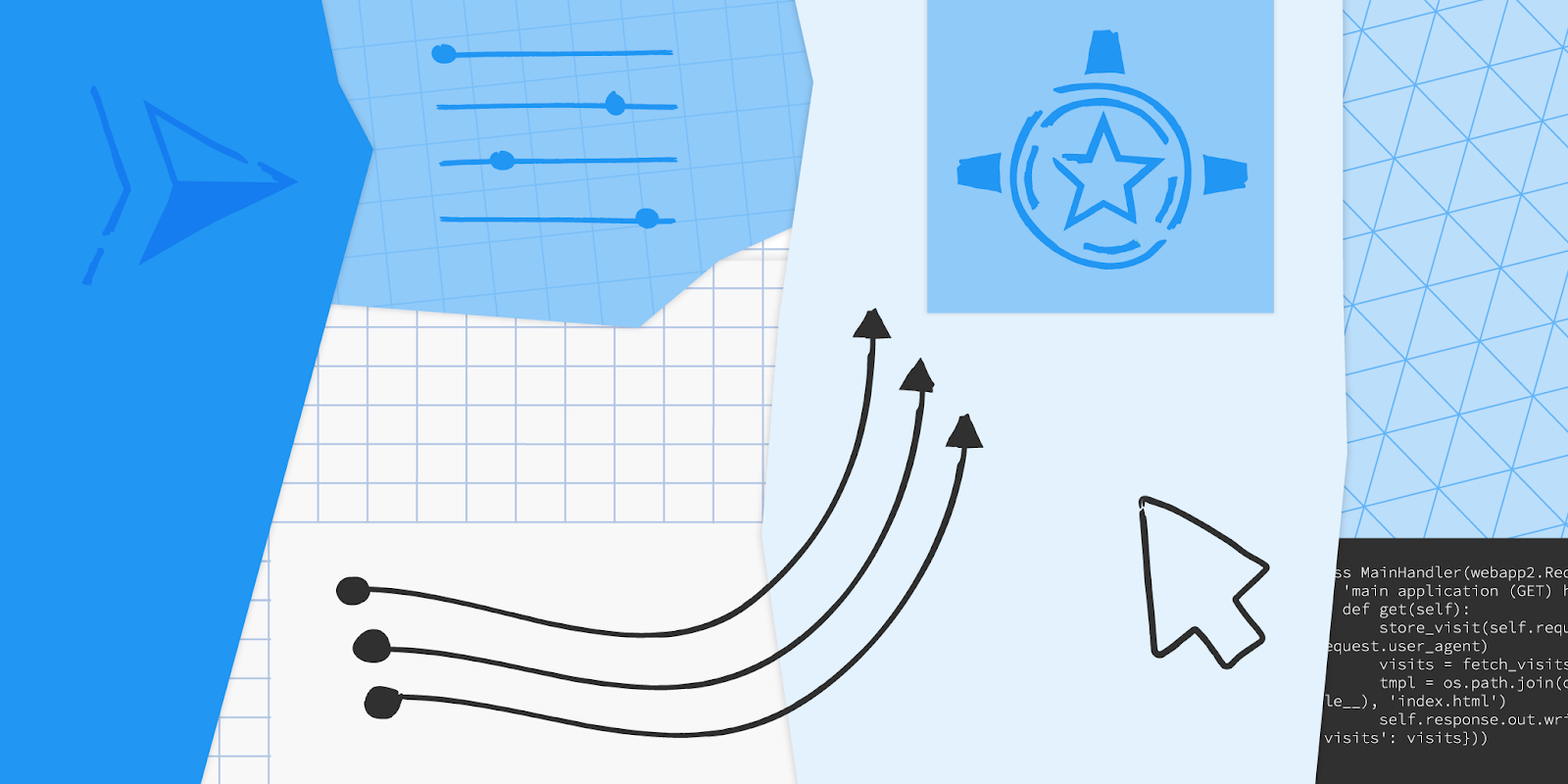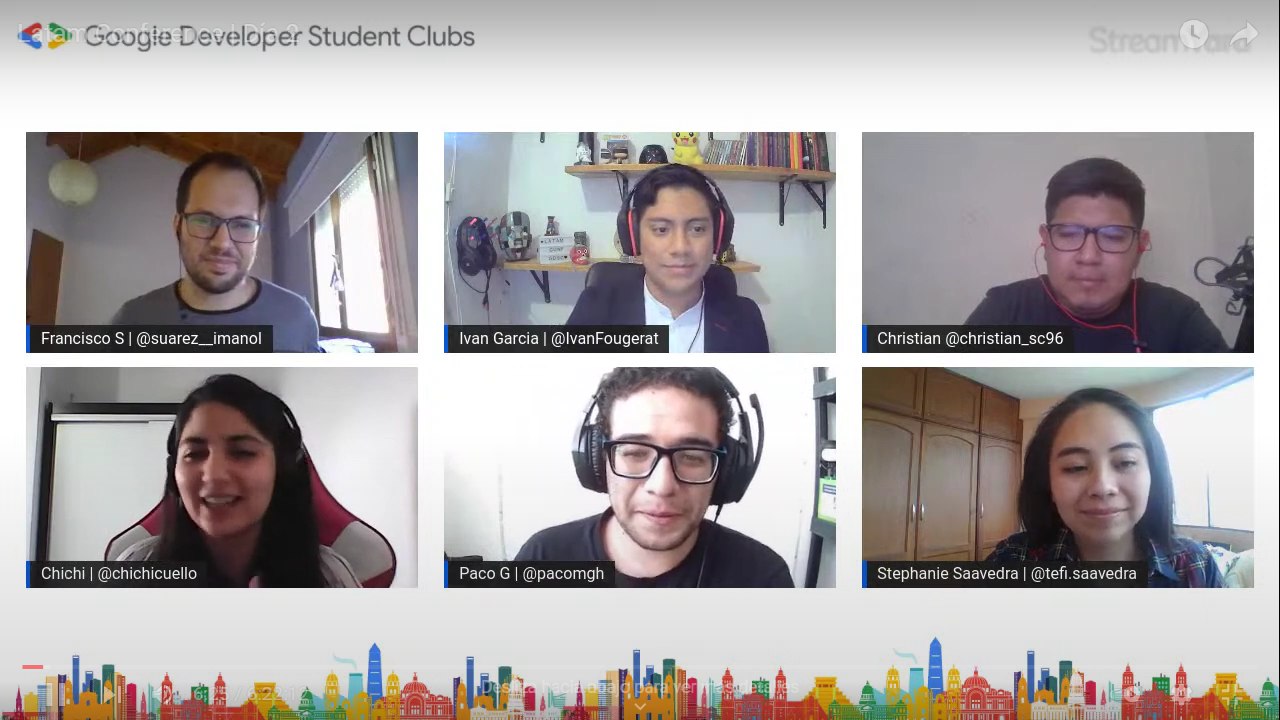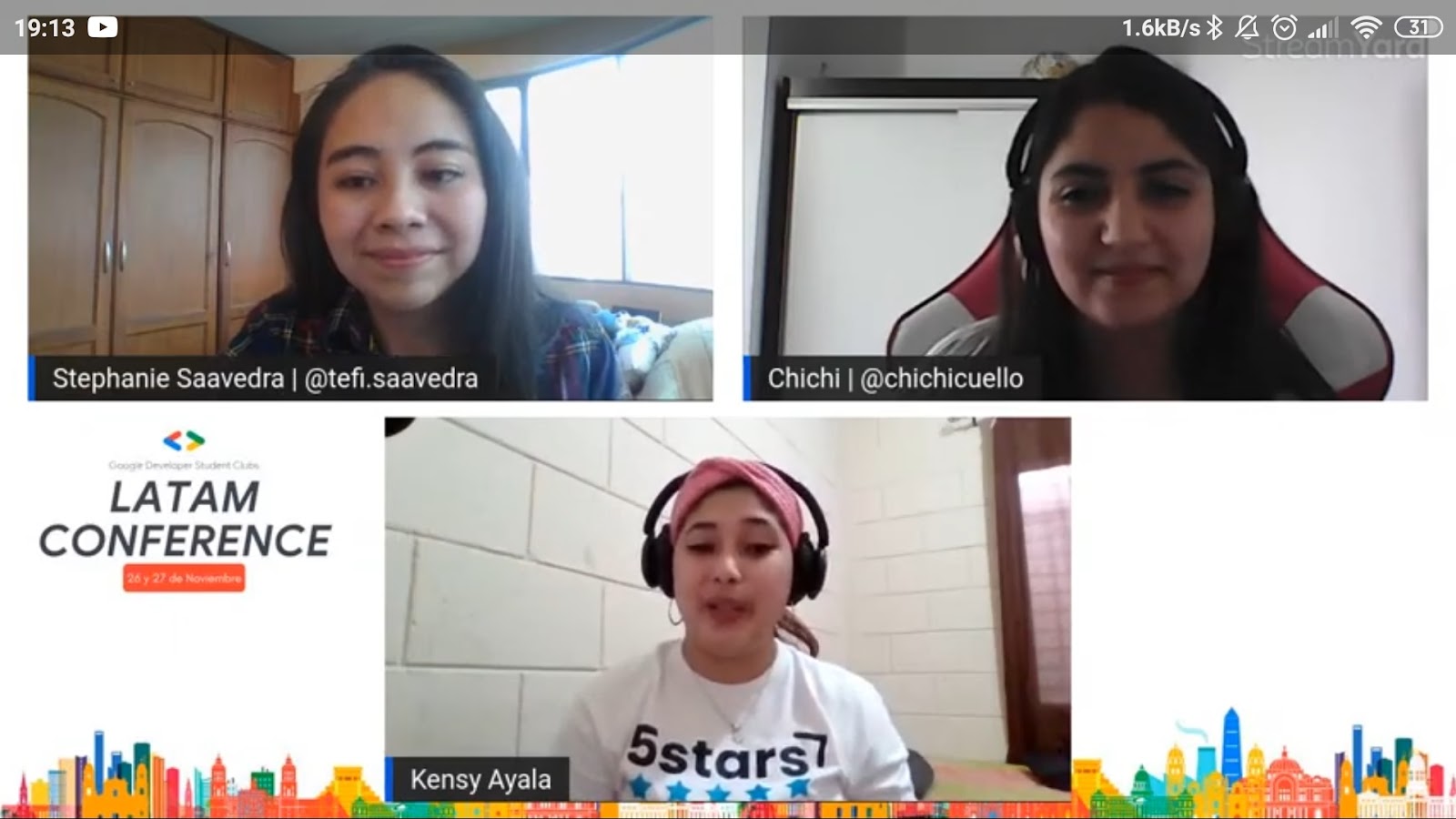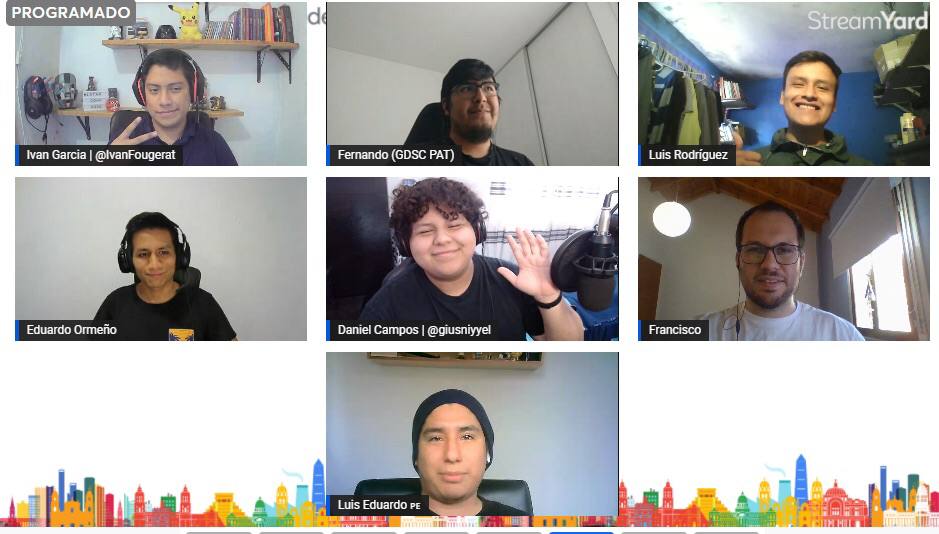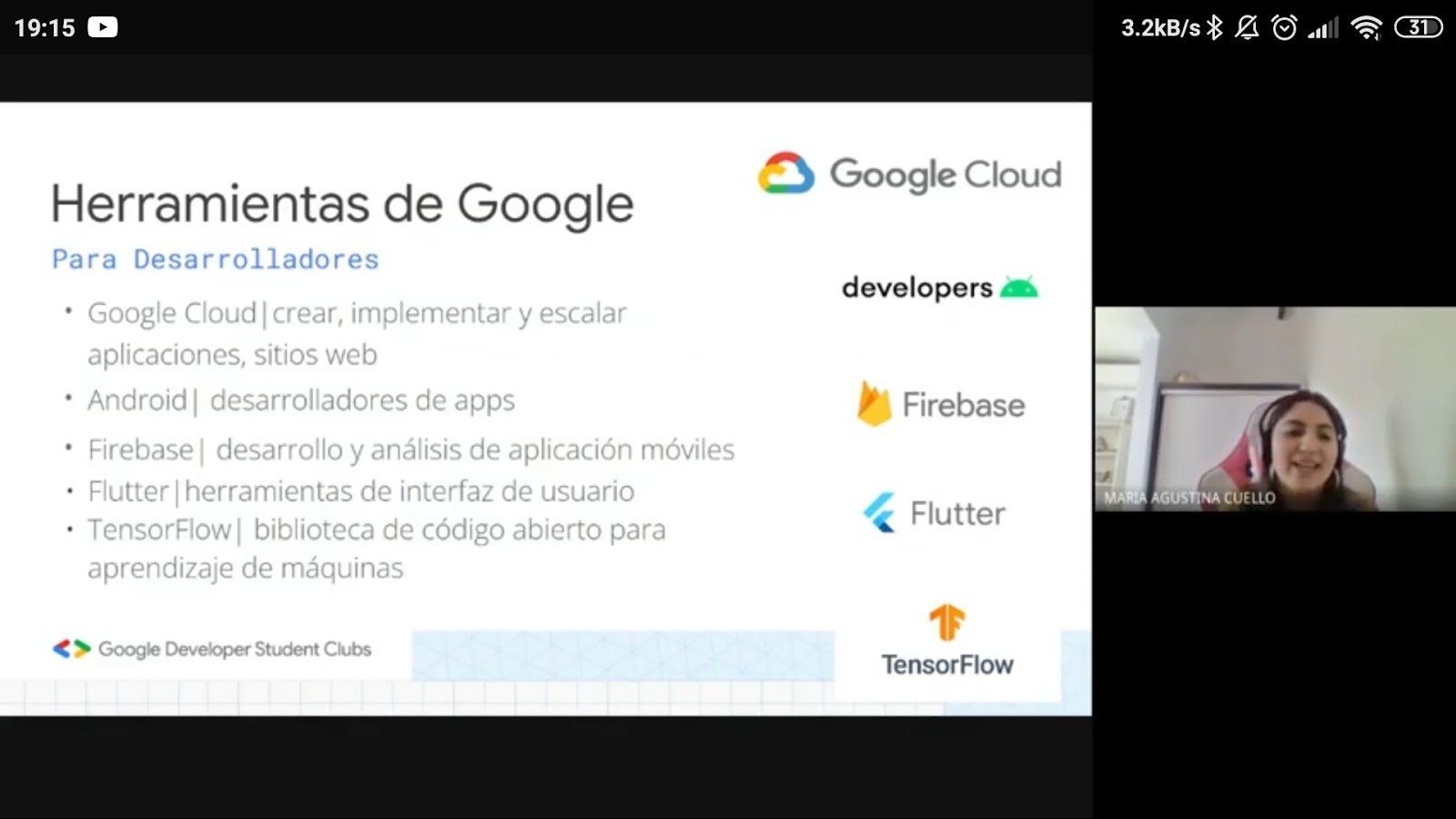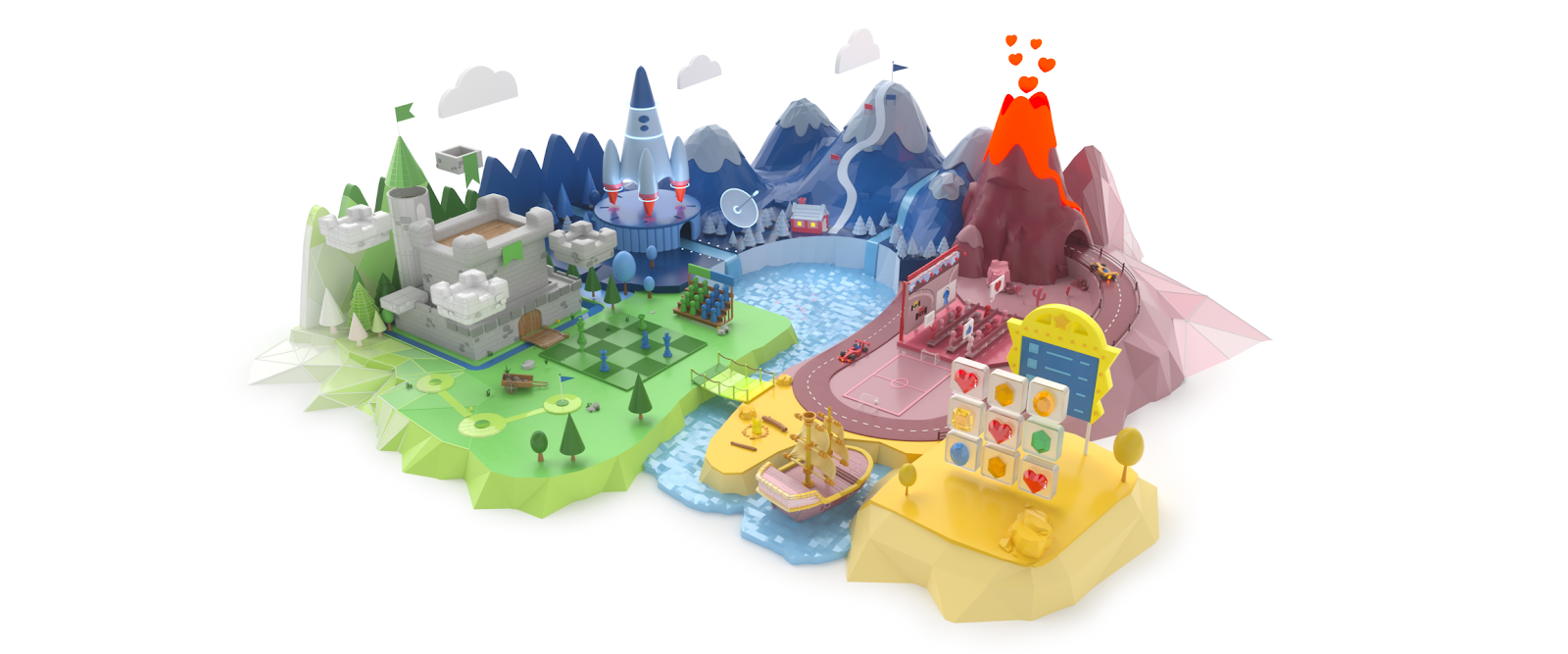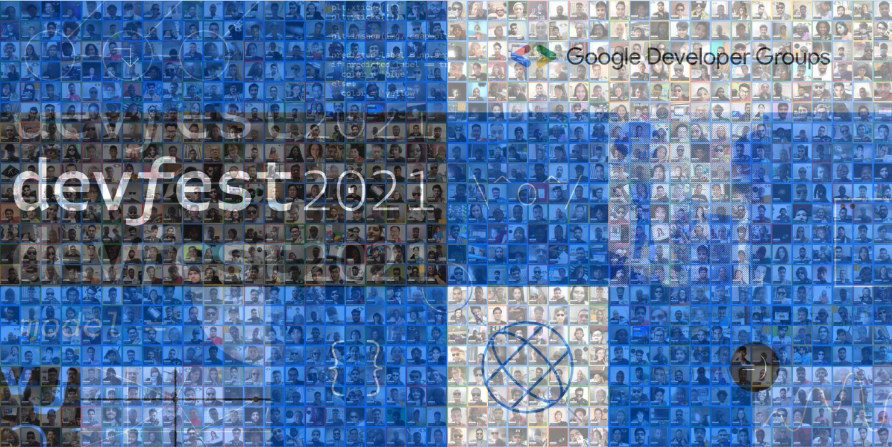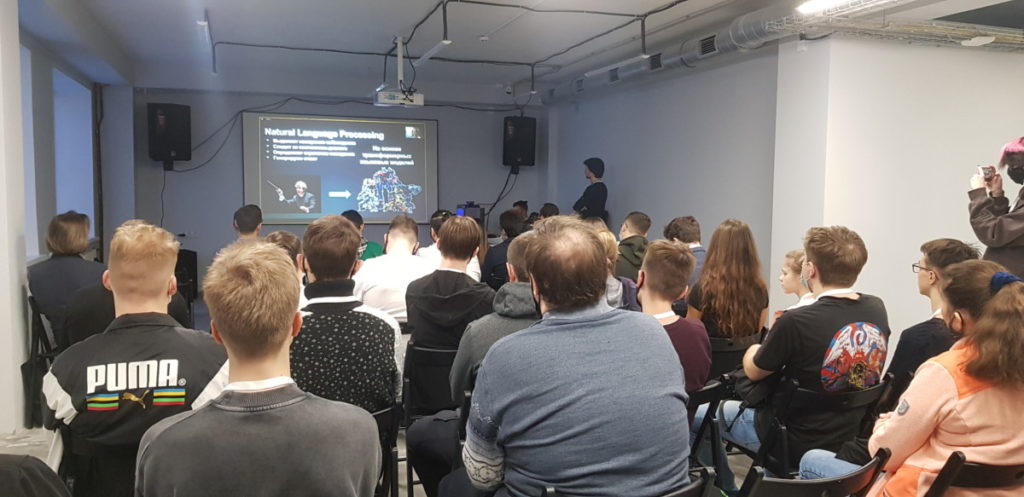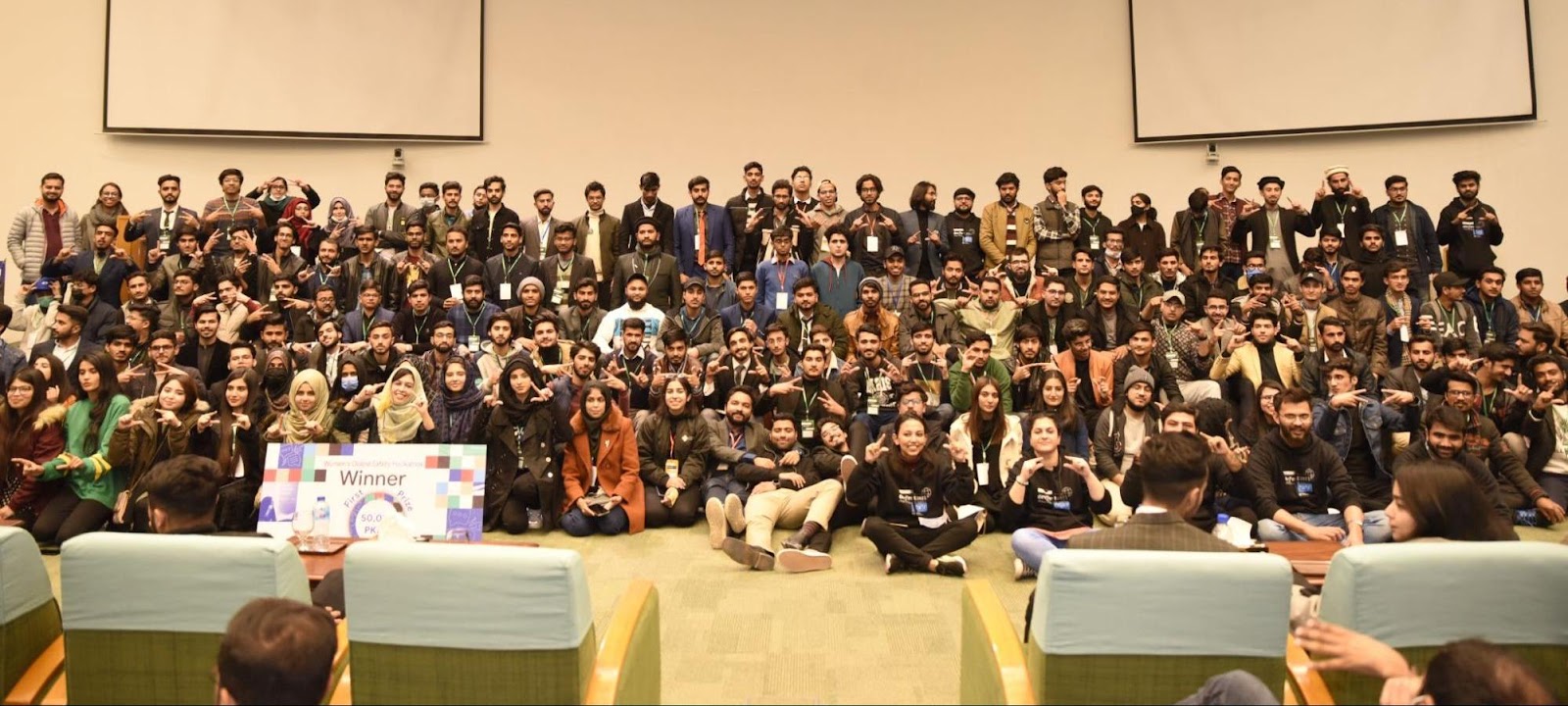Posted by Christian Schalk, Developer Advocate
Building on the power of Google Forms
For the first time, Google Forms has an API and we are going to show you how you can use it and what’s in it. The new Google Forms API joins the large family of APIs available to developers under the Google Workspace Platform. The Forms API provides programmatic access for managing forms, acting on responses, and empowering developers to build powerful integrations on top of Forms.
The API supports two key use cases
Automated form creation and editing: Enables automated form creation and editing. Enables rapid form generation from large volume question banks or other data backends.
Reaction to Form responses: The API also enables developers to build automations for acting on incoming responses. Examples include developing real-time dashboards or visualizations and triggering business workflows based on response data.
Example Use Cases
Education Automation Integrations
- Integrations with Learning Management Systems
- Custom form/quiz generation from question banks
- Student tracking with real-time dashboards
Customer Management and Support
- Auto-generate surveys / forms based on customer data
- Trigger notifications and processes based on responses from customers
Data Analysis and Visualization
- Create custom visualizations with response data
- Leverage push notifications to update in realtime
API Functionality
The Forms API has a rich set of methods to perform all forms operations.
Core Methods
- forms.create - Creates a new form
- forms.get - Get all information on a form
- forms.batchUpdate - Perform form updates (add, edit, delete form items)
- forms.responses.list - List all responses from a form
- forms.responses.get - Get a single response from a form
Forms API ‘Watches’
Forms API Watches allow applications to subscribe to Cloud Pub/Sub notifications when forms change events occur.
Event types
- Schema - Changes to form content or settings
- Response - When form responses are submitted
Watch Methods
- forms.watches.create
- forms.watches.delete
- forms.watches.list
- forms.watches.renew
Examples developers have built during Beta
We had a great community response to our call for early access and beta developers and are proud to share some of their innovative integration examples with you.
Thousands of SMBs rely on Zapier’s current Google Forms integration today, which enables their users to connect Google Forms to 4000+ other applications. Zapier users automate tens of thousands of tasks daily using Google Forms, for example in coordinating internal business processes, handling external customer requests, even helping educators manage classroom activities, all which will be made much more reliable with the updated integration on the new Forms API.
Try it out here!
Portant’s new Google Forms API integration enables users to connect Google Forms to Google Docs & Slides to create custom document workflows. Some of the features enabled by Portant’s Forms API integration include:
- Auto-Create - Automatically create new documents when a Google Form response is submitted.
- Customize Documents - Personalize Docs and Slides by inserting question responses into templates.
- Insert Images - Insert images and gifs into documents, slides and emails.
- Multiple Docs - Create multiple documents and presentations in one workflow.
- Export to PDF - Automatically save documents and presentations as PDFs.
- Share via Gmail - Automatically share created documents via personalized emails.
Try it out here!
Automagical Forms is a Google Workspace Add-on with integrations in Drive, Docs, Slides, and Gmail. It finds questions in the files and makes it easy to create a Google Form. With the help of the Forms API it can also export Forms to other integrations. Implementing the Forms API has increased their development speed by over 3x, which is helpful for Google Workspace Add-ons that can only run for 30 seconds. Their current integration generates Short Answer and Multiple Choice forms with export to other file formats for 3rd party integrations. Their next implementations will include embedded images, and push notifications (Pub/Sub) for acting on Forms responses.
Try it out here!
Form Builder Plus helps to build your Google Form from existing content of Google Sheets, Docs, Slides, Drive, Gmail, and Calendar automatically. This saves time and effort of people who regularly create new forms. It uses the Forms API to add questions in bulk within a few seconds. Educators like teachers, trainers, coaches, quiz masters use it for creating Google Forms quickly to conduct assessment, quizzes, exams etc. Businesses that use Google Forms for skill assessments or recruiting use it to rotate questions from question bank spreadsheets and other existing documents.
Try out the add-on here or see a short video demo!
Getting Started
If you’d like a quick recap of the Forms API, please watch the overview video. We’ve also created a list of resources to help you quickly get started and get community support.
We’re very excited about this announcement and can’t wait to see what you build for Google Workspace! For more announcements about the Google Workspace Platform and APIs, please subscribe to our developer newsletter.
